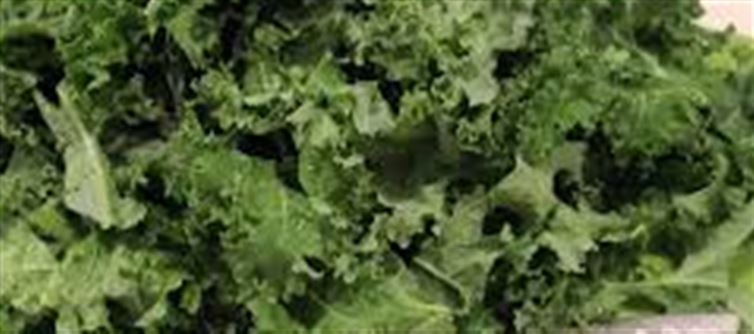
Eating healthy often feels like a global scavenger hunt, with trendy Western superfoods dominating the conversation. But did you know that India’s traditional foods are just as nutritious—sometimes even more so—and far easier to incorporate into daily diets? Here’s a list of five indian alternatives that deliver superior benefits without breaking the bank.
1. Avocado? Try Coconut Malai
Avocado is praised worldwide for its healthy fats, but in India, it’s expensive and hard to find. Enter coconut malai—the creamy layer from fresh coconut milk. It contains more healthy fats than avocado, is quickly metabolized for energy, provides almost three times the iron, and adds dietary fiber to aid digestion. A true desi powerhouse for blood health and energy!
2. Matcha Tea? Switch to Moringa Powder
Matcha has taken the world by storm as a green antioxidant-rich drink. But India’s moringa powder surpasses matcha nutritionally. Packed with protein, vitamins, and minerals, moringa is a more balanced option. For antioxidants, combine it with amla (Indian gooseberry), which has even higher antioxidant content than matcha, supporting immunity and overall wellness.
3. Quinoa? Go With Amaranth (Rajgira)
Quinoa is a trendy South American seed praised as a rice alternative. In India, amaranth or rajgira is a traditional seed that offers more protein, more minerals, less sodium, and a lower glycemic index. This makes it excellent for diabetes management while providing a similar chewy texture perfect for porridges, upma, and even baked goods.
4. Kale? spinach Is Your Superhero
Kale has been hailed as the ultimate leafy green, but spinach is a true nutritional champion. It offers:
- More protein and fiber
- Higher levels of folate (B9), vitamins B2, B5, E, and A
- Greater amounts of iron, magnesium, potassium, zinc, and manganese
Spinach also contains eye-protective antioxidants like lutein and zeaxanthin, is lower in calories and sugar, and tastes milder than kale, making it perfect for curries, salads, and smoothies.
5. Chia Seeds? Swap Them for Sabja (Sweet Basil) Seeds
Chia seeds are loved for hydration and fiber, but sabja seeds (sweet basil seeds) are cheaper, locally available, and packed with benefits. They:
- Hydrate the body better
- Offer a cooling effect, ideal for summers
- Provide similar fiber, minerals, and antioxidants as chia seeds
Sabja seeds are perfect for faloodas, smoothies, or desserts, giving you a healthy, desi twist to your meals.
In short: India’s traditional superfoods like coconut malai, moringa, amaranth, spinach, and sabja seeds not only rival trendy Western foods in nutrition but are also affordable, accessible, and perfectly suited to the indian palate. Switching to these options can make healthy eating both easy and effective.
Disclaimer:
The views and opinions expressed in this article are those of the author and do not necessarily reflect the official policy or position of any agency, organization, employer, or company. All information provided is for general informational purposes only. While every effort has been made to ensure accuracy, we make no representations or warranties of any kind, express or implied, about the completeness, reliability, or suitability of the information contained herein. Readers are advised to verify facts and seek professional advice where necessary. Any reliance placed on such information is strictly at the reader’s own risk..jpg)




 click and follow Indiaherald WhatsApp channel
click and follow Indiaherald WhatsApp channel